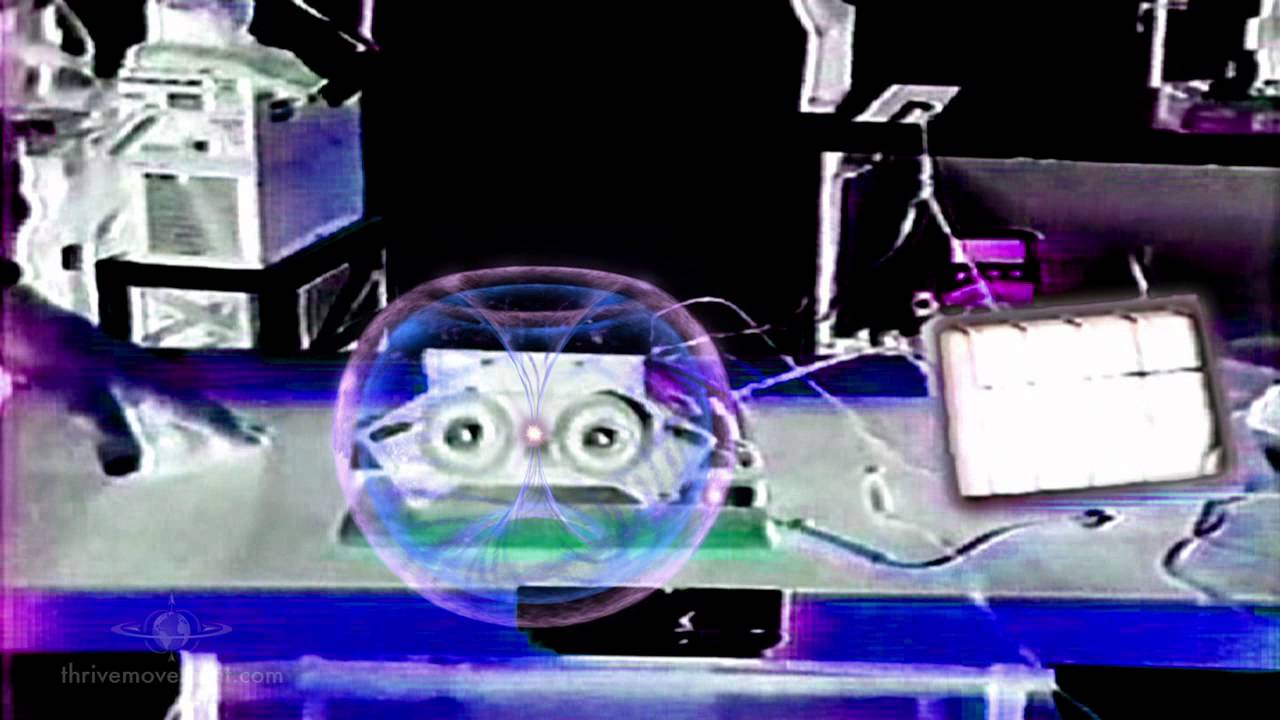A couple of years ago, researchers at NASA’s Johnson Space Centre discovered a thruster system which actually generates thrust, despite requiring absolutely no propellant. The implications of this discovery are far-reaching; applications for space flight and other technologies which require propulsion could one day become far cheaper, allowing space exploration to expand exponentially. The existence of this technology also further validates the fact that energy can be derived from tapping into the quantum vacuum, also known as “zero-point.”
Bottom line is that space is not empty, and the energy which lies within it can be used. This was experimentally confirmed when the Casimir Effect illustrated zero point or vacuum state energy, which predicts that two metal plates close together attract each other due to an imbalance in the quantum fluctuations (source)(source).
The propellant-less thruster is called the Cannae Drive, invented by Guido Fetta, and was tested by NASA over an eight day testing campaign that took place in August of 2013. It’s also known as the EM drive. It showed that a small amount of thrust was achieved inside a container, again, without the use of any fuel. The results were then presented at the 50th Joint Propulsion Conference in Cleveland, Ohio in July the next year.









Comments are closed.